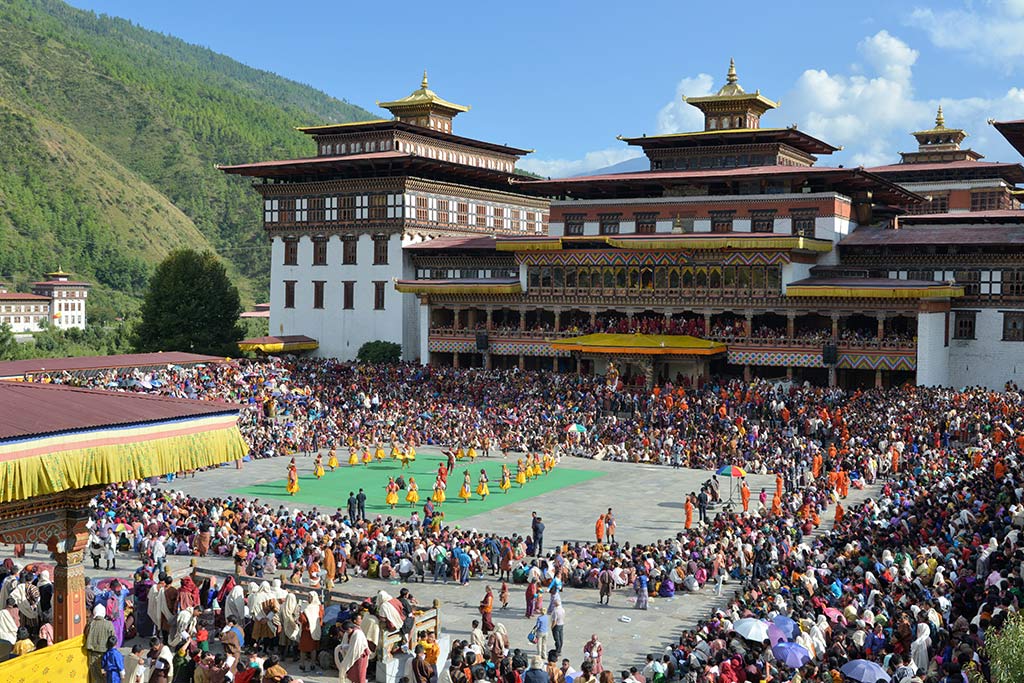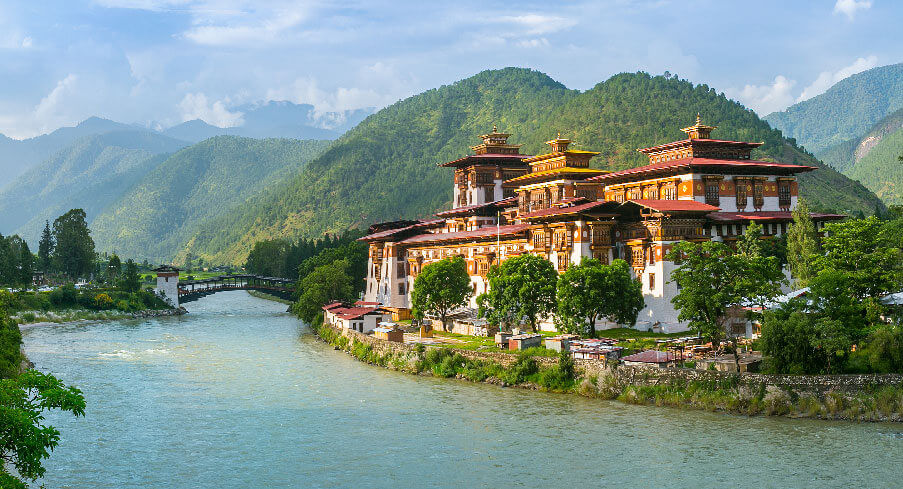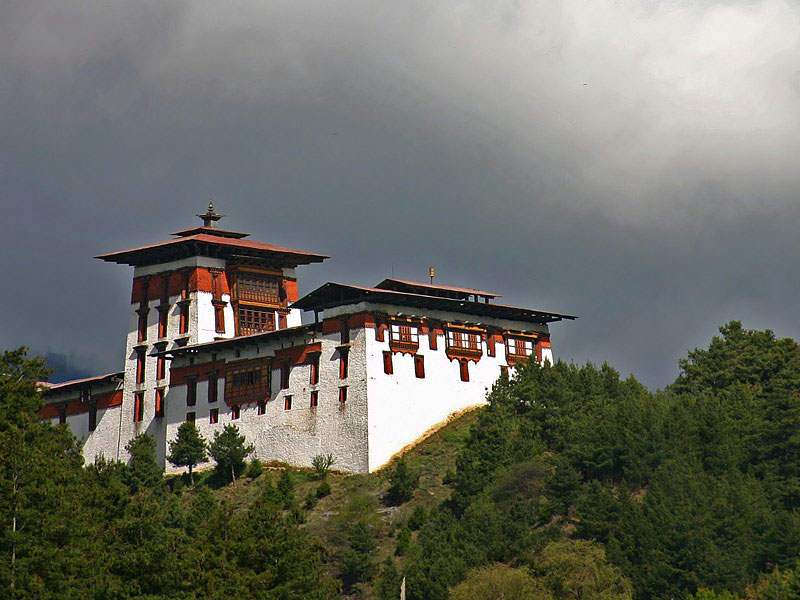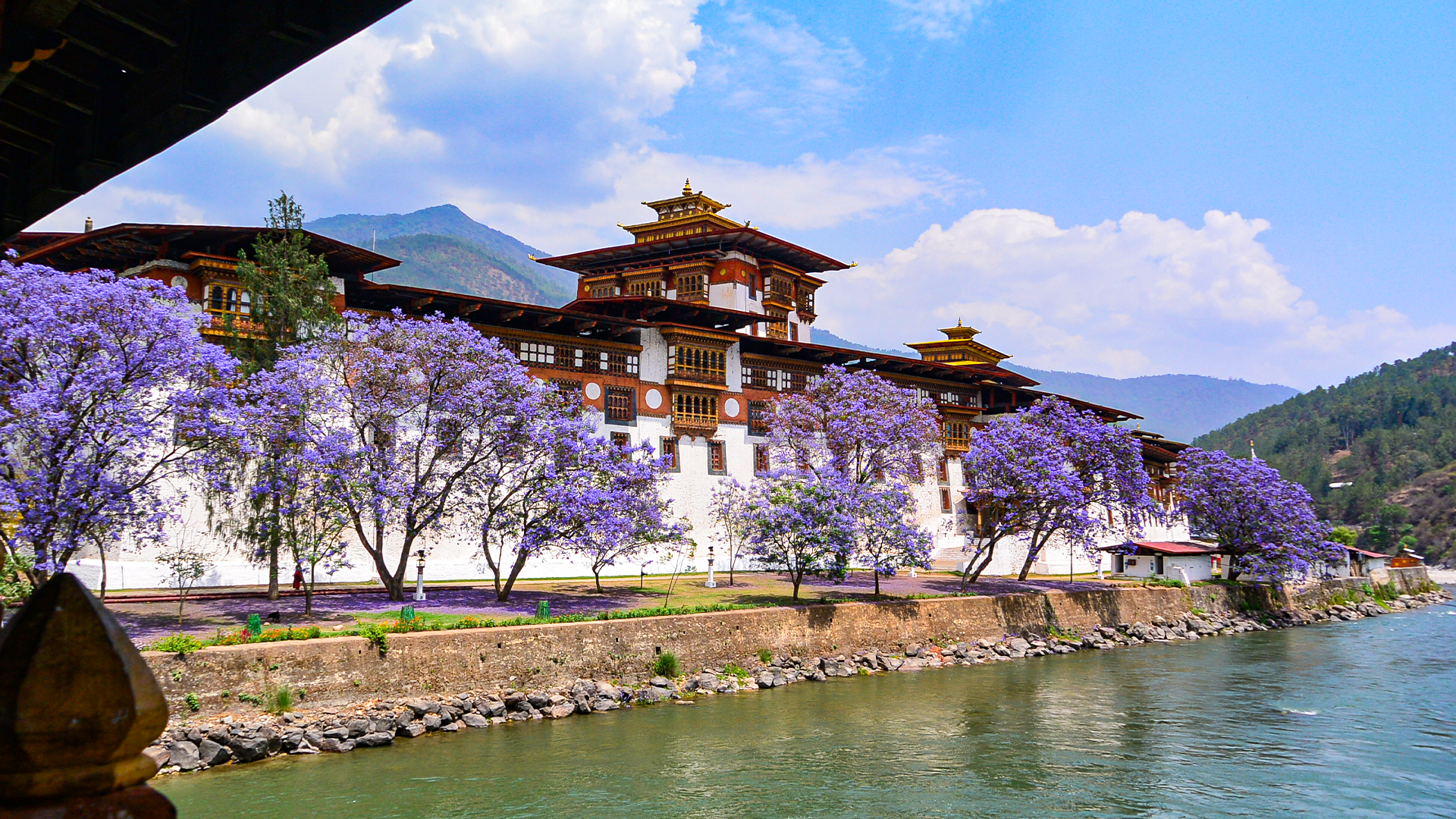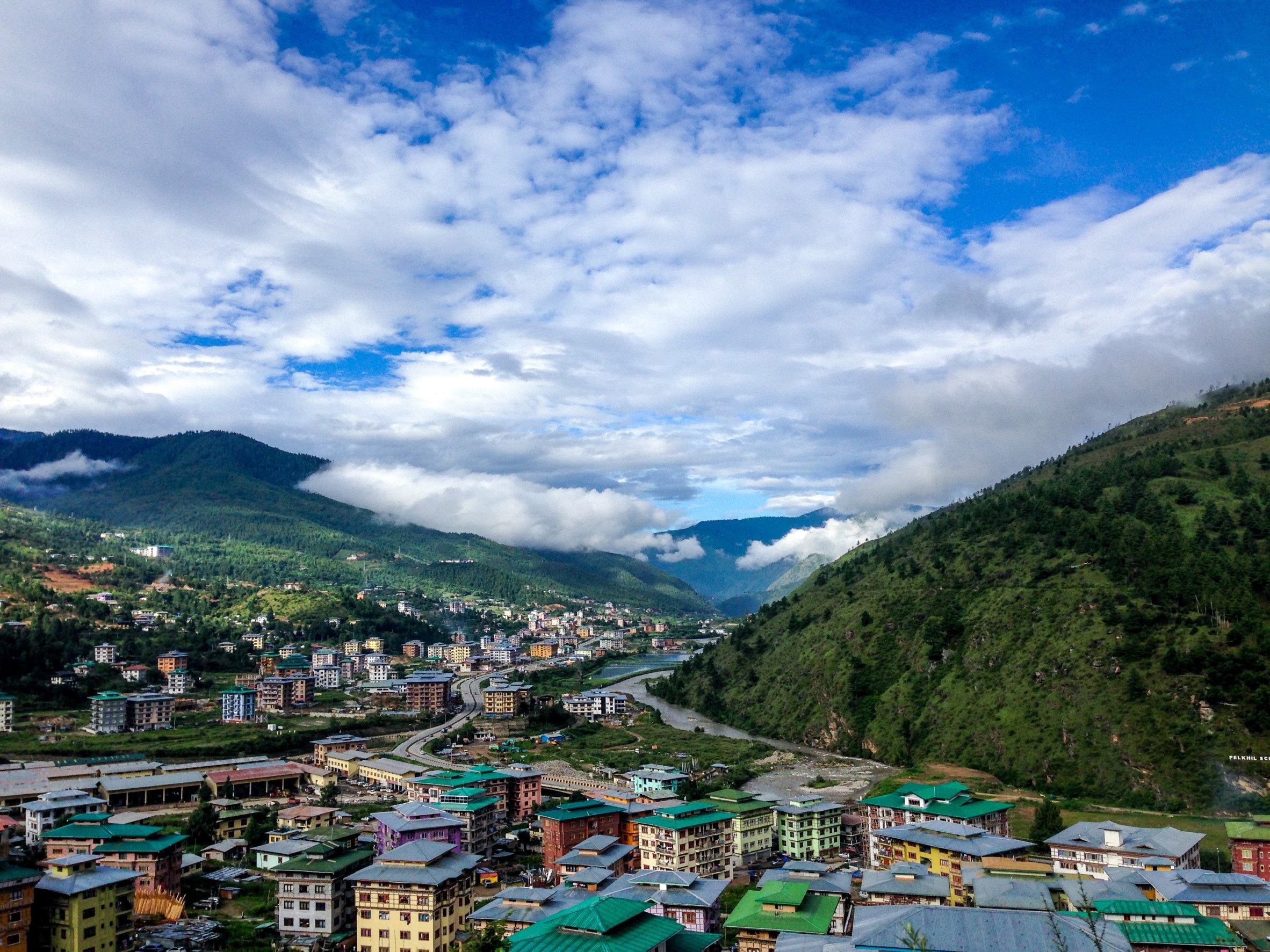
Bhutan is a fascinating destination for tourists who are looking for a unique and enriching travel experience. Here are some of the highlights that make Bhutan a special place to visit:
Natural Beauty: Bhutan is known for its stunning landscapes, from the lush green valleys to the snow-capped Himalayan mountains. The scenery is pristine and largely untouched by modern development, offering breathtaking views and outdoor adventures.
Cultural Heritage: The country has a rich cultural heritage rooted in Tibetan Buddhism. You can explore ancient monasteries, traditional festivals, and vibrant local customs. Notable cultural sites include the Tiger’s Nest Monastery (Paro Taktsang), which clings to a cliffside, and the Punakha Dzong, a majestic fortress.
Festivals and Traditions: Bhutanese festivals, such as the Tsechus, are colorful and lively events where locals dress in traditional attire, perform ancient dances, and celebrate with religious rituals. These festivals provide a deep insight into Bhutanese culture and spirituality.
Hiking and Trekking: For adventure enthusiasts, Bhutan offers a range of trekking opportunities, from the relatively easy Dochula Pass to the more challenging Snowman Trek. The trails offer stunning views and a chance to experience Bhutan’s diverse flora and fauna.

